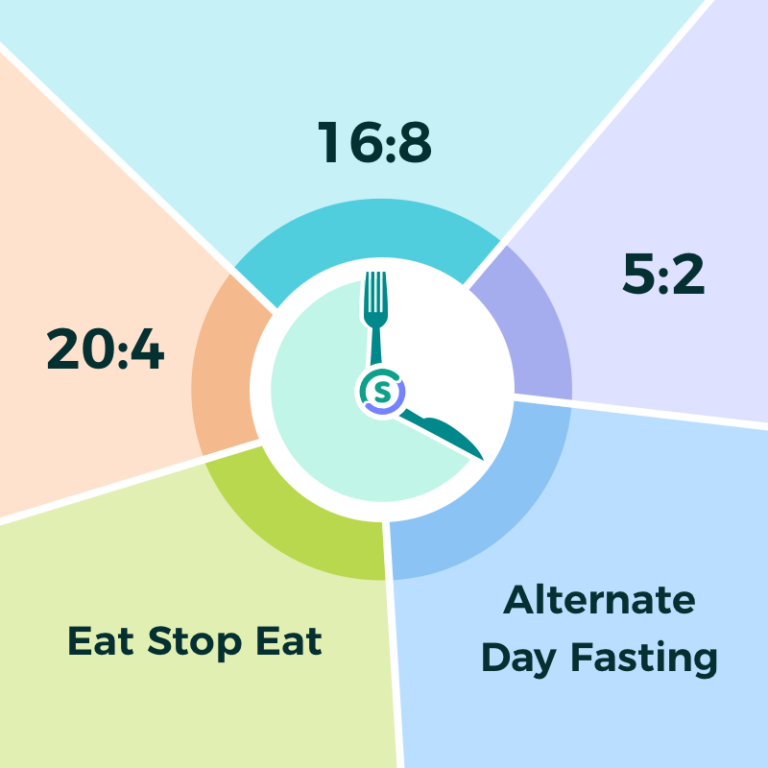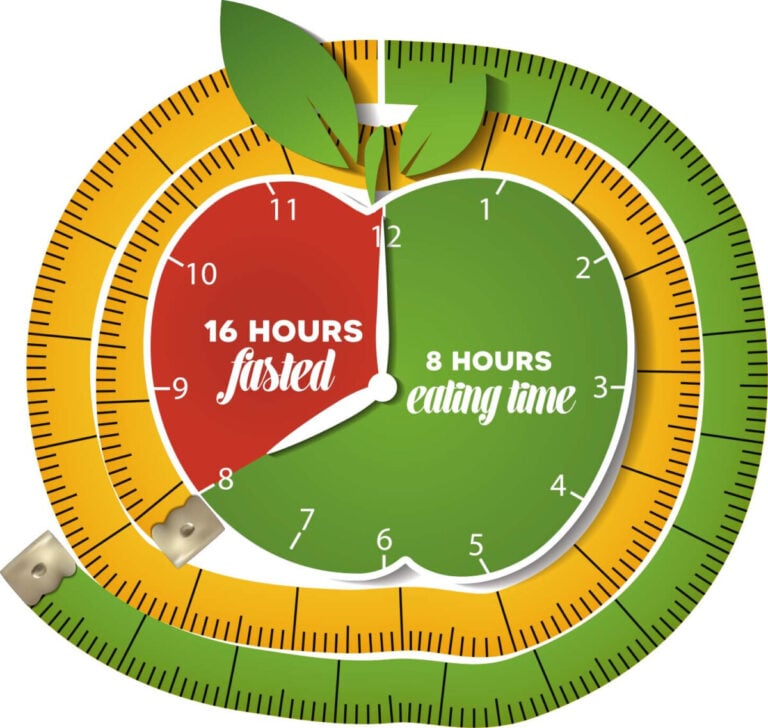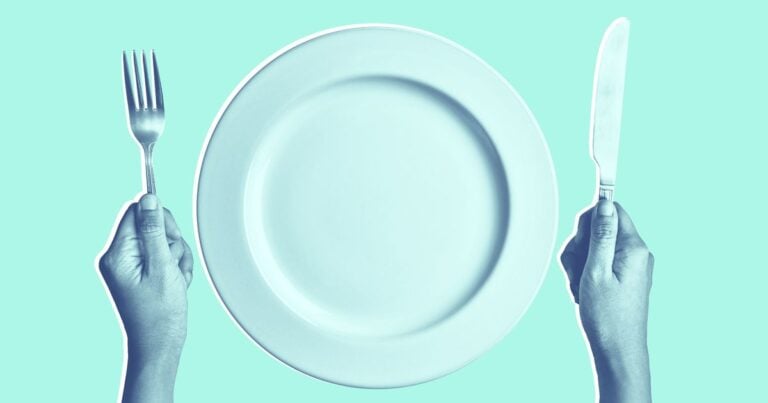Intermittent fasting can help with weight loss because it helps you eat less – you create a calorie deficit. Intermittent fasting is a diet that involves eating only at certain times.
What about treating various diseases with intermittent fasting?
There is still not enough research on whether intermittent fasting can help treat chronic diseases. If you are considering this method, consult your doctor first. Any type of fasting can be dangerous if you are taking certain medications or have certain medical conditions, or if you are pregnant or breastfeeding. And also if you have a history of eating disorders.
What is the meaning of intermittent fasting?
The idea behind intermittent fasting is that by limiting food, our bodies will use fat stores for energy more quickly and efficiently.
What options are there for intermittent fasting?
Alternative fasting (fasting day)

One small study suggests that alternative daytime fasting is effective for weight loss and heart health in healthy adults and overweight people. The researchers found that the 32 participants lost an average of 5.2 kilograms over the 12-week period.
This type of fasting is an extreme form of intermittent fasting and may not be suitable for beginners or people with certain medical conditions. It can also be difficult to maintain this type of fasting over the long term. Because it can be challenging and cause fatigue, headaches and even irritability. Many people find that these effects become less pronounced over time as the body adjusts to the new diet.
5:2 fasting
During these two fasting days, men typically consume 600 calories and women 500 calories.
As a rule, people divide their fasting days throughout the week. For example, they can fast on Monday and Thursday and eat regularly on other days. Between fasting days there should be at least 1 day without fasting.
There is very little research on 5:2 fasting, which is also known as the crash diet. A study of 107 overweight or obese women found that calorie restriction twice a week and constant calorie restriction resulted in the same weight loss.
Another small-scale study examined the effects of this style of fasting in 23 overweight women. During one menstrual cycle, women lost 4.8% of their body weight and 8.0% of their total body fat. However, these levels returned to normal for most women after 5 days of normal eating.
Daily time-restricted fasting

The easiest way to do a 12-hour fast is to include a period of sleep during your fast. For example, you can fast from 7 pm to 7 am. In this case, you need to finish your dinner before 7 o’clock in the evening and wait until 7 o’clock in the morning to have breakfast, in this case, most of the fasting time is spent sleeping.
According to some researchers, fasting for 10 to 16 hours can force the body to convert its fat stores into energy, which releases ketones into the bloodstream. This should help you lose weight.
This type of intermittent fasting can be a good option for beginners. And because the fasting period is relatively short, most fasting occurs during sleep, and a person can consume the same amount of calories every day.
Regardless of the type of intermittent fasting, fasting for long periods can be quite problematic. These forms of restrictive behavior may not be suitable for everyone. If a person is prone to disordered eating, intermittent fasting can exacerbate an unhealthy relationship with food and also lead to eating disorders.
People with medical conditions, including diabetes, should consult a doctor before attempting any form of fasting.
What about the supposed health benefits?
While there is a large body of research supporting the health benefits of fasting, most of it has been done on animals rather than humans. And it’s possible that it’s not so much fasting itself that provides health benefits, but an overall reduction in calorie intake (unless, of course, you overeat on days when you’re not fasting, which can create a calorie surplus instead of a deficit).
So what about weight loss?
In the short term, intermittent fasting may help you lose weight. However, in the long term it does not lead to more or less weight loss than a rational, healthy, varied diet. To properly assess the role of intermittent fasting in the treatment of obesity, additional data on psychological parameters and general well-being are needed.









